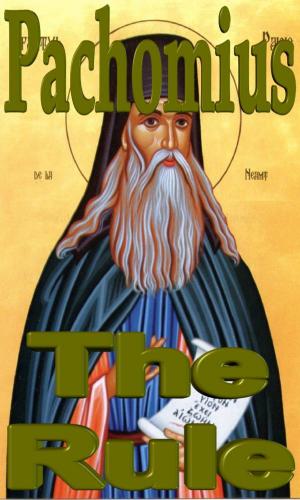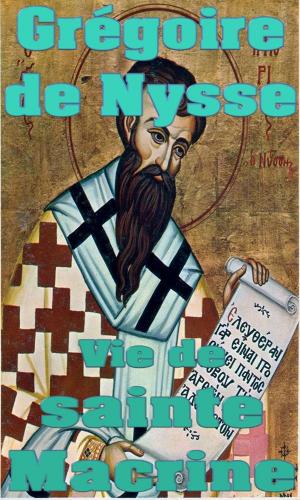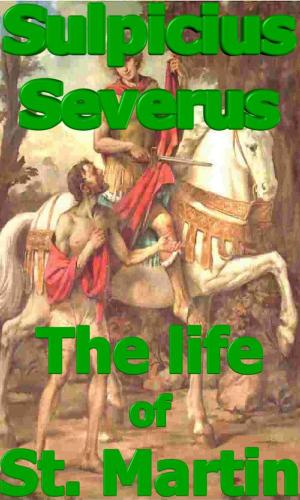biographies of Malchus, St. Hilarion and Paulus the First Hermit
Nonfiction, Religion & Spirituality, Christianity, Missions & Missionary Work, General Christianity, Christian Life| Author: | Saint Jerome | ISBN: | 9781783360161 |
| Publisher: | limovia.net | Publication: | December 14, 2012 |
| Imprint: | Language: | English |
| Author: | Saint Jerome |
| ISBN: | 9781783360161 |
| Publisher: | limovia.net |
| Publication: | December 14, 2012 |
| Imprint: | |
| Language: | English |
the author of three biographies is Saint Jerome (c. 347 – 30 September 420; (also Hierom or Jerom) (Latin: Eusebius Sophronius Hieronymus; Greek: Εὐσέβιος Σωφρόνιος Ἱερώνυμος) was a RomanChristianpriest, confessor, theologian and historian, and who became a Doctor of the Church. He was the son of Eusebius, of the city of Stridon, which was on the border of Dalmatia and Pannonia.
He is recognised by both the Catholic Church and the Eastern Orthodox Church as a saint. In the latter he is known as St. Jerome of Stridonium or Blessed Jerome.
the Vitae Patrum (Vita Pauli primi eremitae), a biography of Saint Paul of Thebes;
the Vita Malchi monachi captivi (ca. 391), probably based on an earlier work, although it purports to be derived from the oral communications of the aged ascetic Malchus originally made to him in the desert of Chalcis; the Vita Hilarionis, of the same date, containing more trustworthy historical matter than the other two, and based partly on the biography of Epiphanius and partly on oral tradition.
the author of three biographies is Saint Jerome (c. 347 – 30 September 420; (also Hierom or Jerom) (Latin: Eusebius Sophronius Hieronymus; Greek: Εὐσέβιος Σωφρόνιος Ἱερώνυμος) was a RomanChristianpriest, confessor, theologian and historian, and who became a Doctor of the Church. He was the son of Eusebius, of the city of Stridon, which was on the border of Dalmatia and Pannonia.
He is recognised by both the Catholic Church and the Eastern Orthodox Church as a saint. In the latter he is known as St. Jerome of Stridonium or Blessed Jerome.
the Vitae Patrum (Vita Pauli primi eremitae), a biography of Saint Paul of Thebes;
the Vita Malchi monachi captivi (ca. 391), probably based on an earlier work, although it purports to be derived from the oral communications of the aged ascetic Malchus originally made to him in the desert of Chalcis; the Vita Hilarionis, of the same date, containing more trustworthy historical matter than the other two, and based partly on the biography of Epiphanius and partly on oral tradition.















